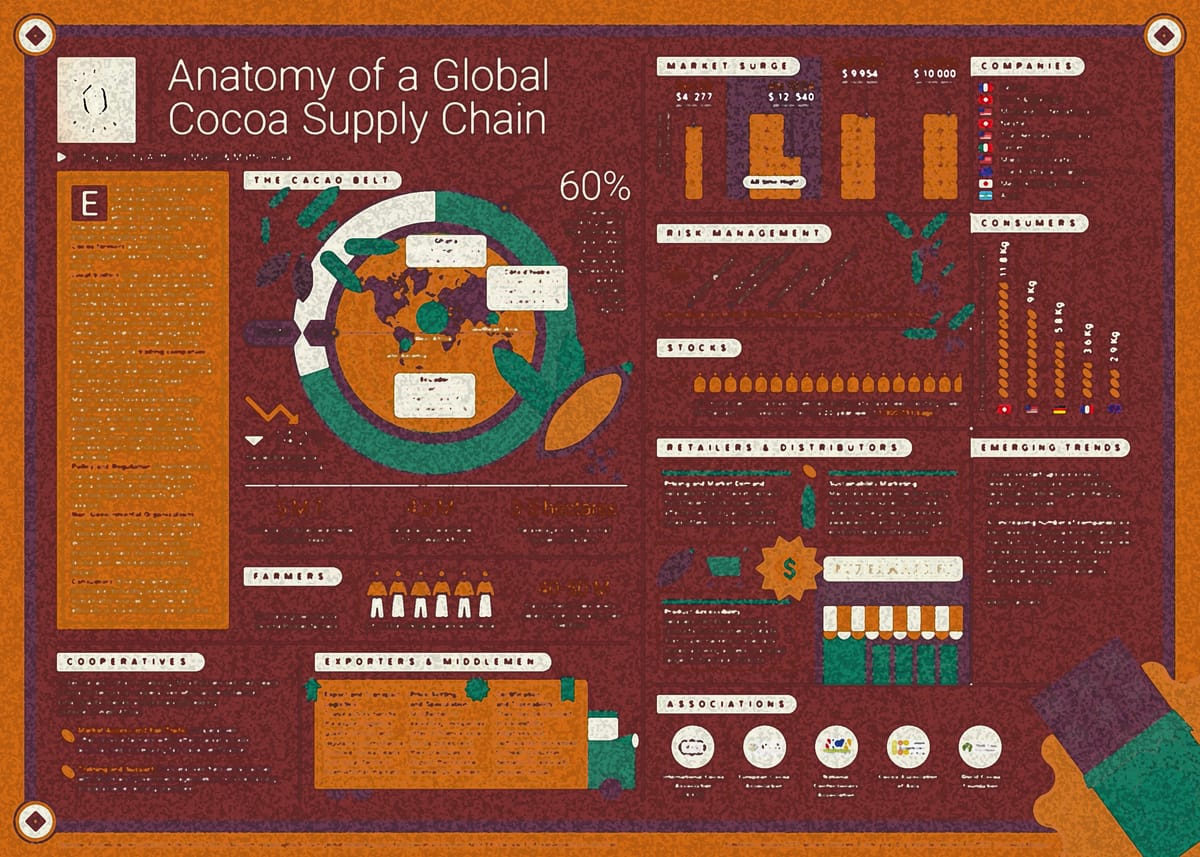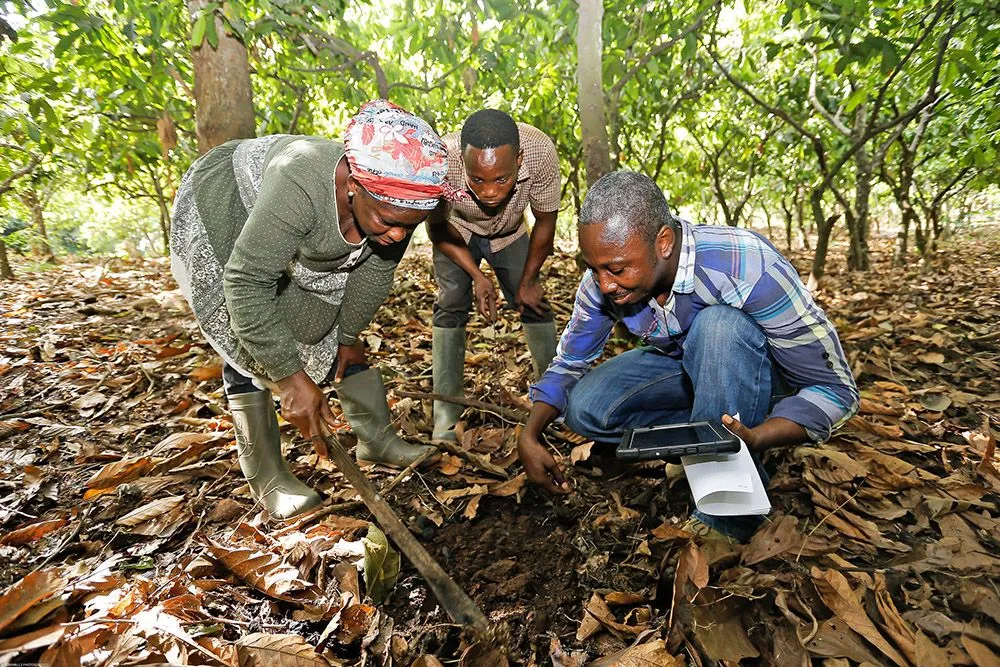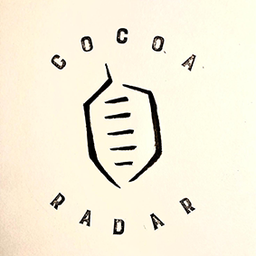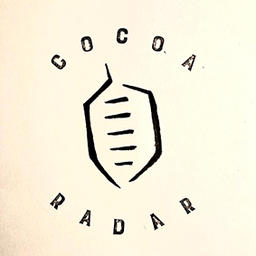The NGO aims to simplify certification processes, reduce unnecessary complexities, and bolster data accuracy, aligning with evolving global sustainability demands.
Farmers and companies can already start benefiting from some of the positive changes before this date by introducing a simplification policy for version 1.3 of the Sustainable Agriculture Standard.
Speaking at the World Cocoa Foundation Partnership Meeting in Brazil earlier this year, Santiago Gowland, CEO of Rainforest Alliance, said: “We need to create [that] sustainable demand, and we work hand in hand with the producer with the standard and practices of agriculture so that we can make production more sustainable.”

Positive agriculture
He explained that any type of standard requires collaboration and a common language. Using a rainforest lens, he said his organisation is putting much effort into innovation, and V1.4 of the Sustainable Agriculture Standard is one result.
“Right now, we have a new 1.4 simpler in a way, with a seal, which is very robust that we've been developing for four years, and it will shift, in a way, the ambition of our work with companies and producers, to give them more than they take and a less harm agenda.

“How do you get to enact positive agriculture? How can agriculture become the biggest ally of people and nature and, in doing that, create more resilient landscapes and farms?
“I believe there are a lot of resources to be managed more efficiently at a pre-competitive level so that companies can focus on competing where it makes sense to compete, and we collaborate where it makes sense to collaborate.”
Key Enhancements in Version 1.4 of the Sustainable Agriculture Standard
- Simplified Certification Requirements: The updated standard reduces the number of requirements for certificate holders from 221 to 148, streamlining the certification process and making it more accessible for farmers and companies.
- Enhanced Data-Driven Approach: Version 1.4 strengthens data verification and validation processes, ensuring higher data quality to support market needs and regulatory compliance, including alignment with frameworks like the EU Corporate Sustainability Reporting Directive and the German Supply Chain Act.
- Retention of Effective Practices: The standard maintains successful elements from Version 1.3, such as the Assess-and-Address system for human rights issues and risk maps for child and forced labour, which have demonstrated significant positive impacts at the farm level.
In addition to the updated Sustainable Agriculture Standard, the Rainforest Alliance is developing new specialized certification solutions for three critical impact areas: regenerative agriculture, climate, and livelihoods.
Cocoaradar understands these are available as optional add-ons for current certificate holders or as standalone solutions; they will provide farmers with increased market access and the opportunity to validate their specialist sustainability practices.
ESG goals
It offers companies the opportunity to stand out, strengthen their sustainability commitments, and transparently report on ambitious ESG goals. The Regenerative Agriculture Standard will be launched later in 2025 as the first of the new specialized solutions.
With over 7.5 million farmers and workers and 7,600 company partners across 62 countries, the Rainforest Alliance remains a leading force in sustainable agriculture. The launch of Version 1.4 reflects the organization’s commitment to continuous improvement, stakeholder engagement, and global promotion of sustainable agricultural practices.
- For more on Rainforest Alliance’s Version 1.4 of its Sustainable Agriculture Standard visit this link
- 'From Our Desk. To Yours. Daily.'
- Sign-up here for free and upgrade to an annual plan with a 25% discount



